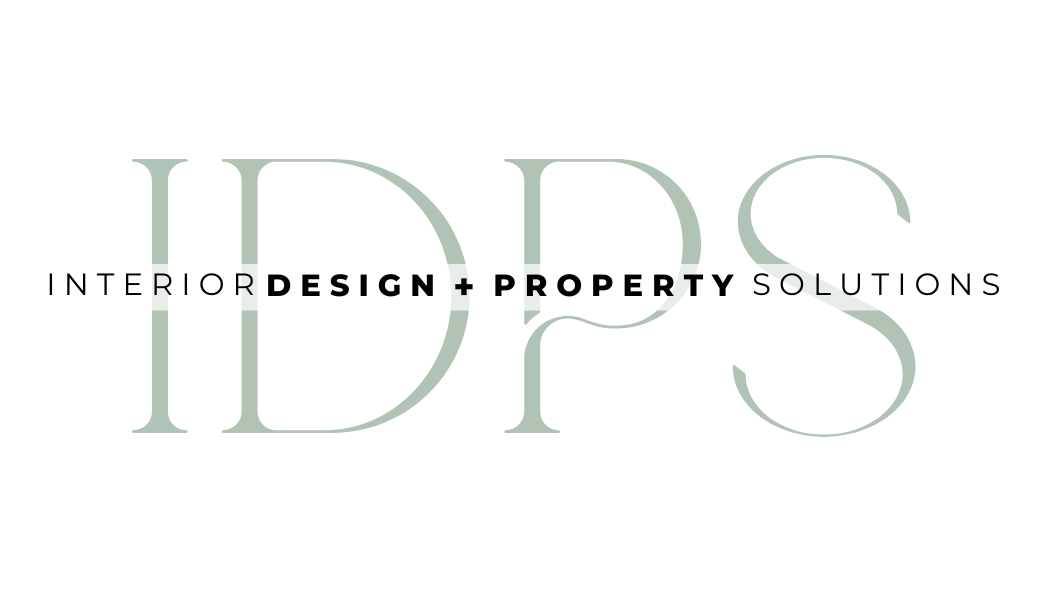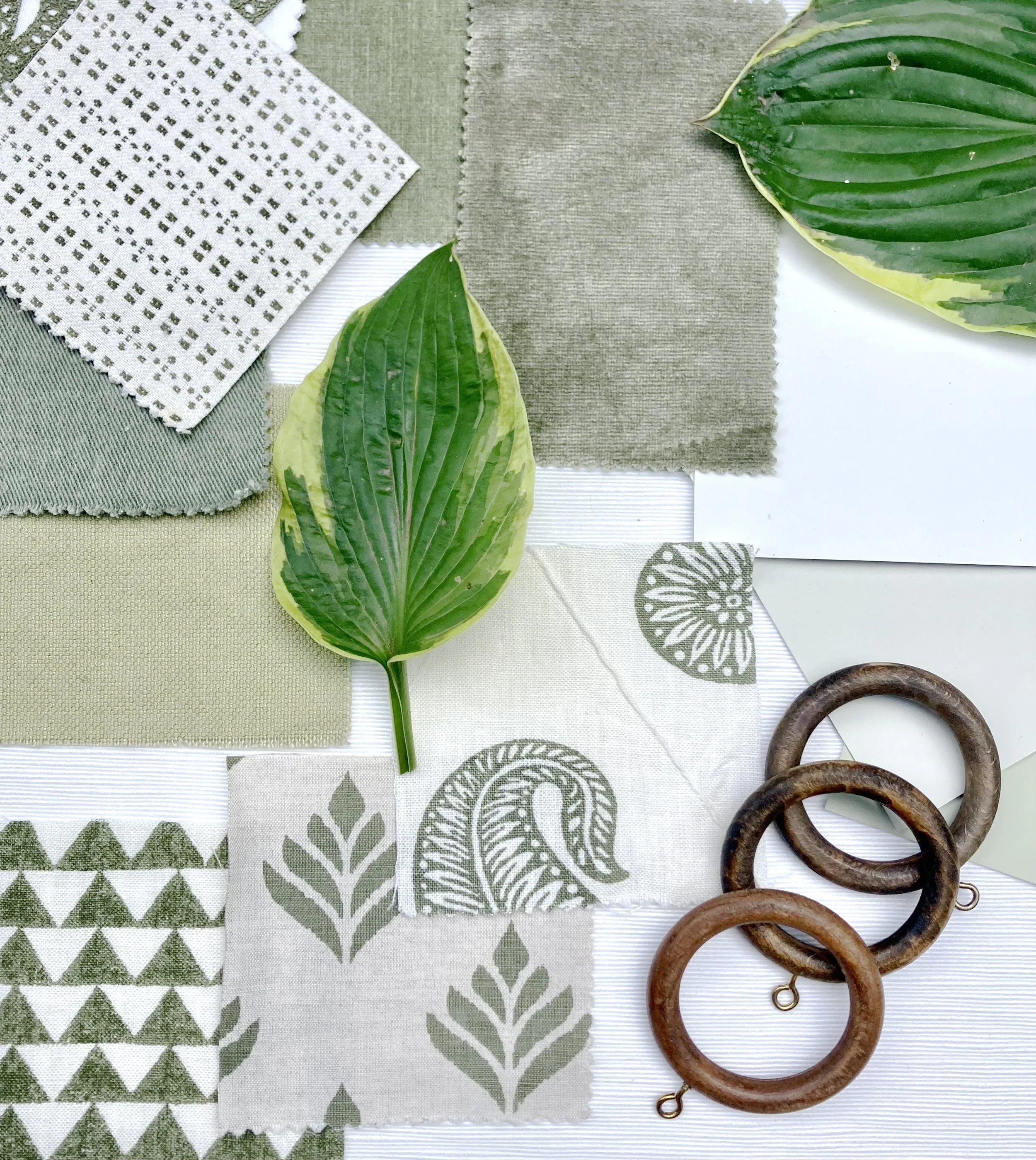Sustainability and Personalisation in Interior Design: A Modern Approach for 2025
Hello! Abi from Interior Design and Property Solutions (IDPS), based right here in beautiful Devon. We're excited to share some insights into two of the most impactful trends shaping interiors today: sustainability and personalisation. In 2025, more than ever, homeowners are seeking spaces that not only look stunning but also reflect who they are and care for the world we live in.
Whether you’re planning a full renovation or looking to refresh a single room, combining sustainable choices with bespoke, personal touches can create a home that feels meaningful, functional, and future-focused. Think timeless style, eco-conscious decisions, and interiors that feel unmistakably you.
What Is Sustainable Interior Design in 2025?
Sustainable interior design goes beyond choosing eco-friendly materials—it’s about creating spaces that are energy-efficient, healthy, and kind to the planet. In 2025, this approach has evolved to include:
Biophilic Design: Incorporating natural elements like plants, natural light, and organic materials to connect interiors with the outdoors, enhancing well-being and reducing stress.
Circular Design: Focusing on upcycling, reusing, and recycling materials to create a circular economy within your home, reducing waste and promoting sustainability.
Energy Efficiency: Implementing smart home technologies and energy-efficient appliances to reduce energy consumption and lower carbon footprints.
Non-Toxic Materials: Choosing paints, finishes, and textiles that are free from harmful chemicals, ensuring a healthier living environment.
Personalisation: Making Your Home Uniquely Yours
In 2025, personalisation in interior design is about more than just adding a few decorative items—it’s about creating spaces that reflect your personality, lifestyle, and values. This can be achieved through:
Custom Furniture: Investing in bespoke pieces that are tailored to your specific needs and style preferences, ensuring both functionality and uniqueness.
Art and Decor: Incorporating artworks, heirlooms, and decor items that have personal significance, adding depth and character to your space.
Colour Palettes: Choosing colours that evoke the desired mood and reflect your personality, from calming neutrals to vibrant hues.
Layout and Functionality: Designing spaces that cater to your daily routines and activities, ensuring comfort and efficiency.
Combining Sustainability and Personalisation in Your Home
Integrating sustainable practices with personalisation allows you to create a home that is both environmentally conscious and uniquely yours. Here are some practical ways to achieve this blend:
Sustainable Custom Pieces: Commission furniture made from reclaimed wood or other sustainable materials, designed to fit your space and style.
Local Art and Craftsmanship: Support local artisans by incorporating handmade, sustainable artworks and decor items that add a personal touch.
Green Spaces: Designate areas for indoor plants, which not only enhance air quality but also bring a natural element into your home.
Energy-Efficient Personal Touches: Personalise your space with energy-efficient lighting and appliances that align with your aesthetic preferences.
Real-Life Inspirations in Devon
To see sustainable and personalised design in action, consider visiting these locations in Devon:
Bickleigh Eco Village, Plymouth: Bickleigh Eco Village is a zero-energy development comprising 91 custom-built homes. The project aims to be the first commercially viable zero-energy development of its type in the UK. The homes are timber-framed and insulated to 0.15 W/m²·K, with solar photovoltaic panels and a 'heat hub' utilising solar loft heat for hot water. All houses are fitted with a Mechanical Ventilation and Heat Recovery (MVHR) system, ensuring net-zero energy bills. The development also includes a green business hub and community facilities.
North Devon Homes Initiatives: North Devon Homes has been recognised as one of the UK's most sustainable housing providers. The organisation has implemented various initiatives, including the installation of Tesla Powerwall 2 batteries without solar PV and the completion of two-home retrofits using the EnergieSprong approach. These efforts aim to reduce energy demand and lower costs for residents. North Devon Homes is also working towards achieving a minimum EPC grading of C for all homes by 2030 and is collaborating with partners to deliver better outcomes for customers through sustainable practices.
Summary
At IDPS, we believe that your home should be a reflection of who you are and a sanctuary that supports your well-being. By embracing sustainable practices and infusing personal elements into your design, you can create a space that is both environmentally responsible and deeply meaningful.
If you're ready to embark on a design journey that harmonises sustainability with personalisation, we're here to assist. Contact us to schedule a consultation, and let's work together to transform your vision into a reality.





